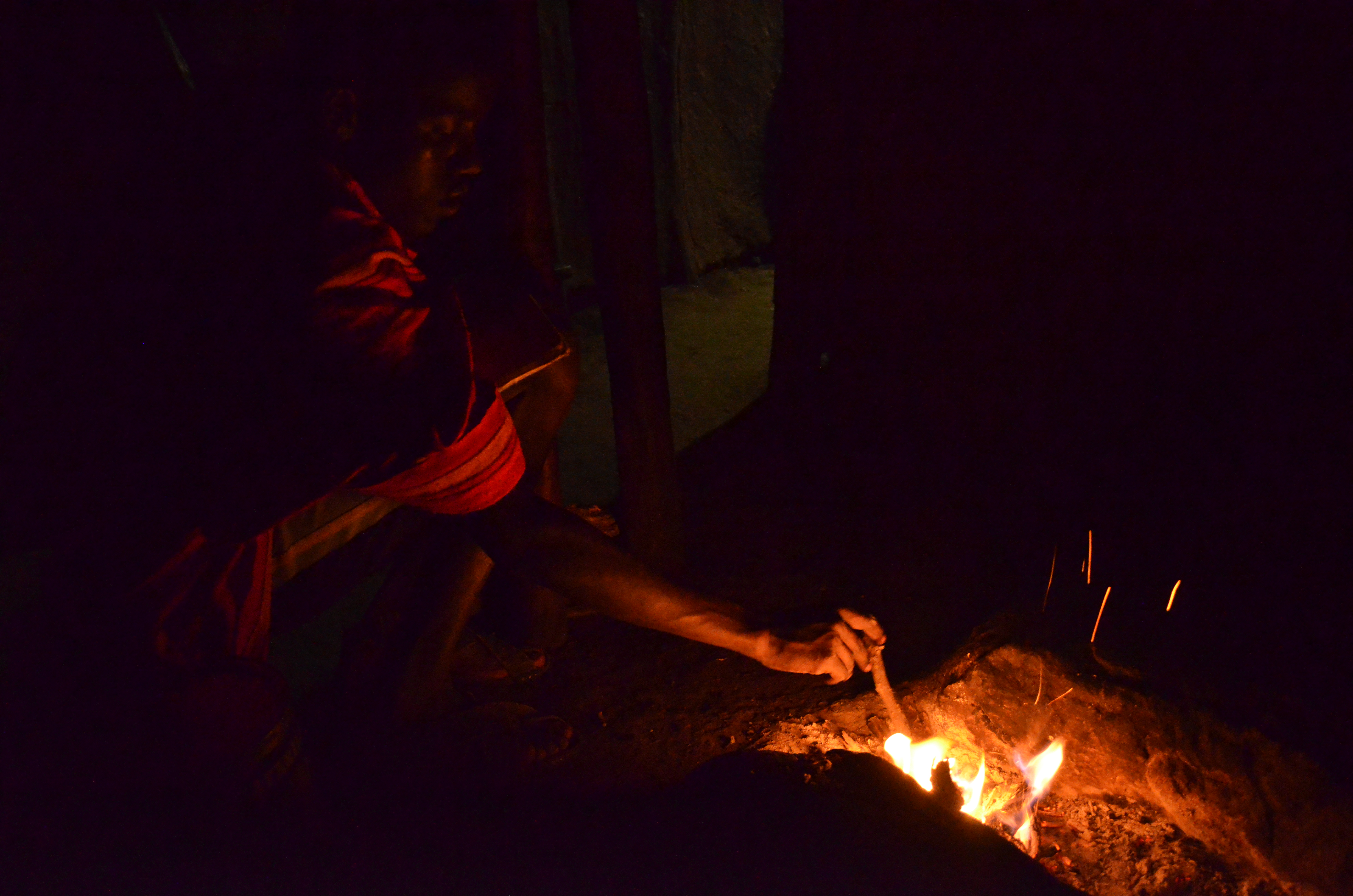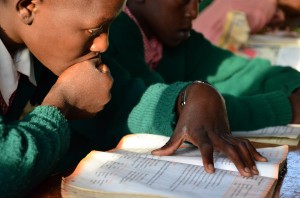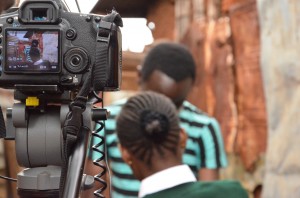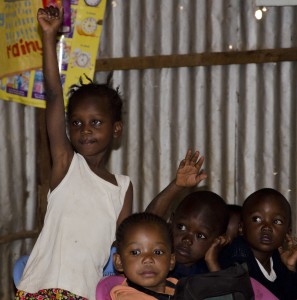Last but not least…
It may be a wrap for this blog, but it is definitely not a wrap for the issues we have talked about. The convergence of more than 2,000 participants from over 100 nations who attended the three-day DW Global Media Forum to discuss “Culture. Education. Media – Shaping a Sustainable Future” was testimony for me that this discussion just got started at another level.
For me as a media professional with a background in education, it was interesting to see around 500 colleagues in media, including bloggers, meeting with policymakers, businesspeople, academics and representatives of civil society organizations to share their experiences and ideas.
![]() read more
read more
Education in Kenya needs to go international
Traveling over long distances can be exhausting, but sometimes it can be also rewarding depending on the comfort of the flight and the route. As I returned home from the Global Media Forum, I had over four hours to wait for my flight from Germany to Nairobi. I took advantage of those long hours to read some newspapers.
Even though I was not looking for articles on education, all the newspapers I read touched on this topic, reminding me that it is an issue that affects all areas of our life. Articles in a German publication and in a publication from the Gulf region that I read took up the same questions of culture and education.
![]() read more
read more
Media trainers must keep sustainability in mind
I have spent three days now at the Global Media Forum. I have met the other bloggers, I have made new friends and met old friends from all over the world. I have eaten and even danced during the famous GMF boat ride on the Rhine River. So besides the serious side of the conference, there is also a fun part to it.
One of my areas of interest as a trained journalist and as a trainer of people in media is the influence of the advancing digital world on journalism. That’s why I attended a workshop organized by the DW Akademie with the title: New Trainers for New Media? Challenges for Human Resources Development in Media Support in a Fast-Changing Media Landscape.
![]() read more
read more
Edutainment programs – an important and relatively untapped resource
I finally made it to Bonn, Germany, to attend the Deutsche Welle Global Media Forum (GMF) on education, culture and the media. This week I will be writing my blogs from here on the diverse topics around this main theme.
So far the conference has been interesting. I attended one of the workshops dealing with fun ways to learn, hosted by the Deutsche Welle Learning By Ear (LBE) program. I think the LBE program offers a great way to learn using formats such as features and radio dramas. I have attended the Global Media Forum two times before, and I found this particular workshop very entertaining. Normally the workshops consist mainly of PowerPoint presentations and talks. In this workshop, we watched one of the radio plays scenes being dramatized live just so the audience could get a taste of how the plays are conceived – although of course they are mostly radio/audio.
![]() read more
read more
A week’s reflections

Many Kenyans depend on light from a fire to study in the evening
Last weekend and the beginning of this week have been fascinating. If you had asked me a few weeks ago, before I started to write these blogs if the work I do had anything to do with education, I would have answered with a strong no. I would have mentioned that I train youth in media skills and that I also work with an educational foundation that helps develop solar light capacity in schools. Of course, these activities have everything to do with education. Writing for this blog has highlighted this rather obvious fact to me.
![]() read more
read more
“Education here kills creativity”
I had a busy weekend recently. The organization that I coordinate – Filamujuani – was shooting the second episode of a TV show called Zuki. It was amazing, though, to see the students of Filamjuani finally coming of age, taking the reins and running the show completely.
The TV series is about a schoolgirl born in Kibera whose passion is music, but unfortunately, she has no avenues to learn it. She has a talent that even she doesn’t understand.
![]() read more
read more
A needed reform – but poorly planned
At the beginning of 2003, school fees were abolished in Kenya’s public primary and, later, secondary schools. This was implemented under the Free Primary Education (FPE) programs. Parents and Kenyans in general were thrilled. Finally a government that actually works in the interest of its public, they thought. More importantly: this meant access to education for many more who could not afford to pay the school fees. All they had to do was buy a school uniform.
![]() read more
read more
Education for all requires heroes and heroines
Imagine: you have just managed to get to your fifth birthday. It is time to start school! You have watched the neighbours’ children gleefully skip off to school in the morning – heavy backpacks dangling from their tiny backs, shoes shiny, clothes stiff from ironing and faces gleaming with excitement. And now it is your turn. Time to finally learn the alphabet, enjoy curving out letters and numbers as you learn how to write your name. But sadly, all this remains just that – a figment of the imagination.
![]() read more
read more
Stereotypes and career in Kenya
When I returned home after my two-year master’s course, the only things of any value I had were my laptop and my camera. Before I got too worried about having to start life all over again, I quickly reminded myself of the non-material possessions that I came back with. One of those was living and learning with people from different cultures – almost like learning in the classroom of the world! I wish this was an experience everyone could have, especially those from my own country.
![]() read more
read more
















Feedback